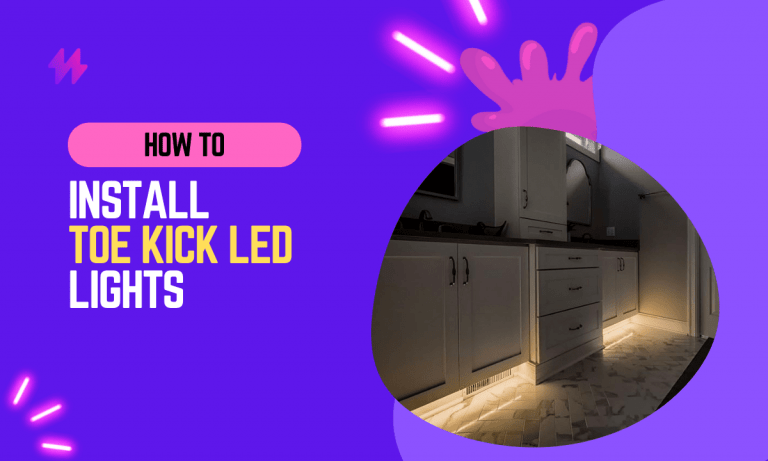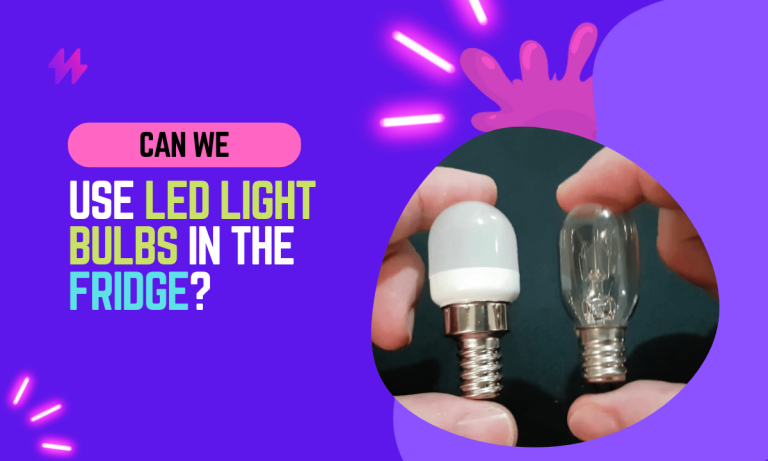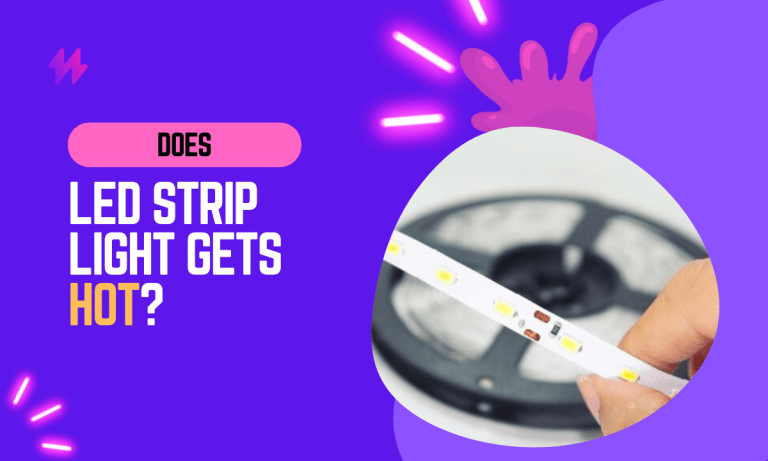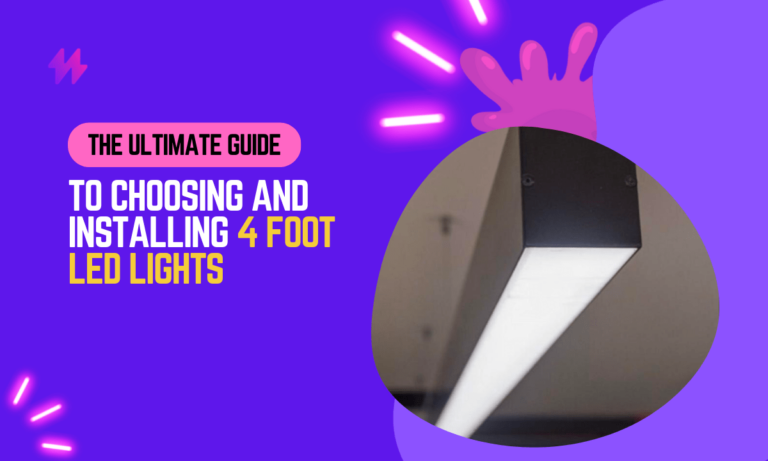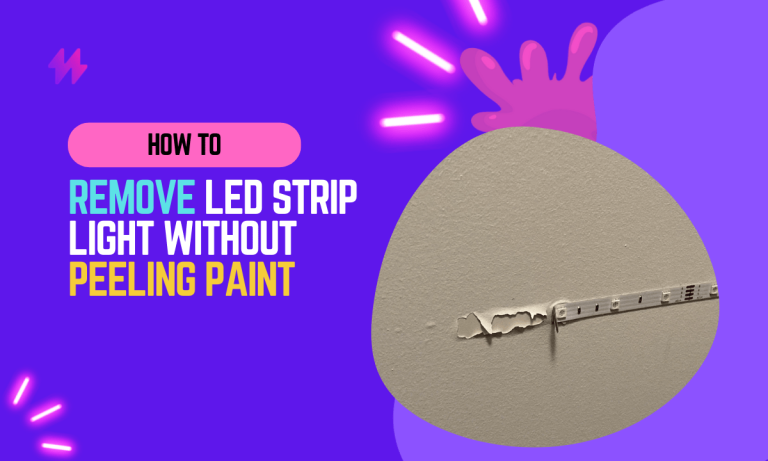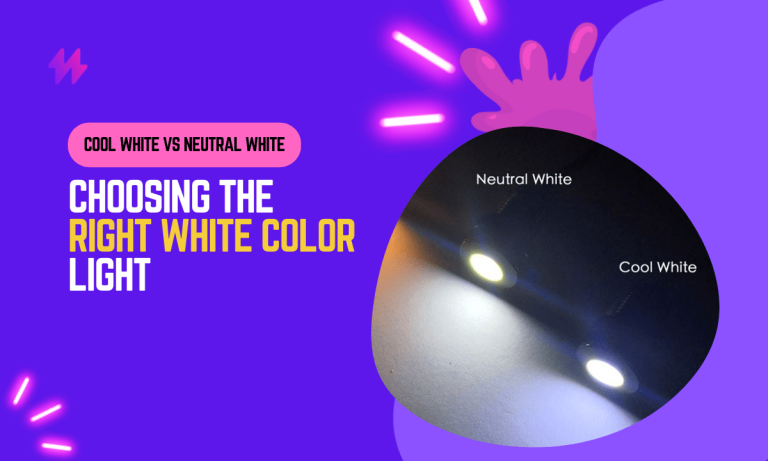Are Mosquitoes Attracted to Light?
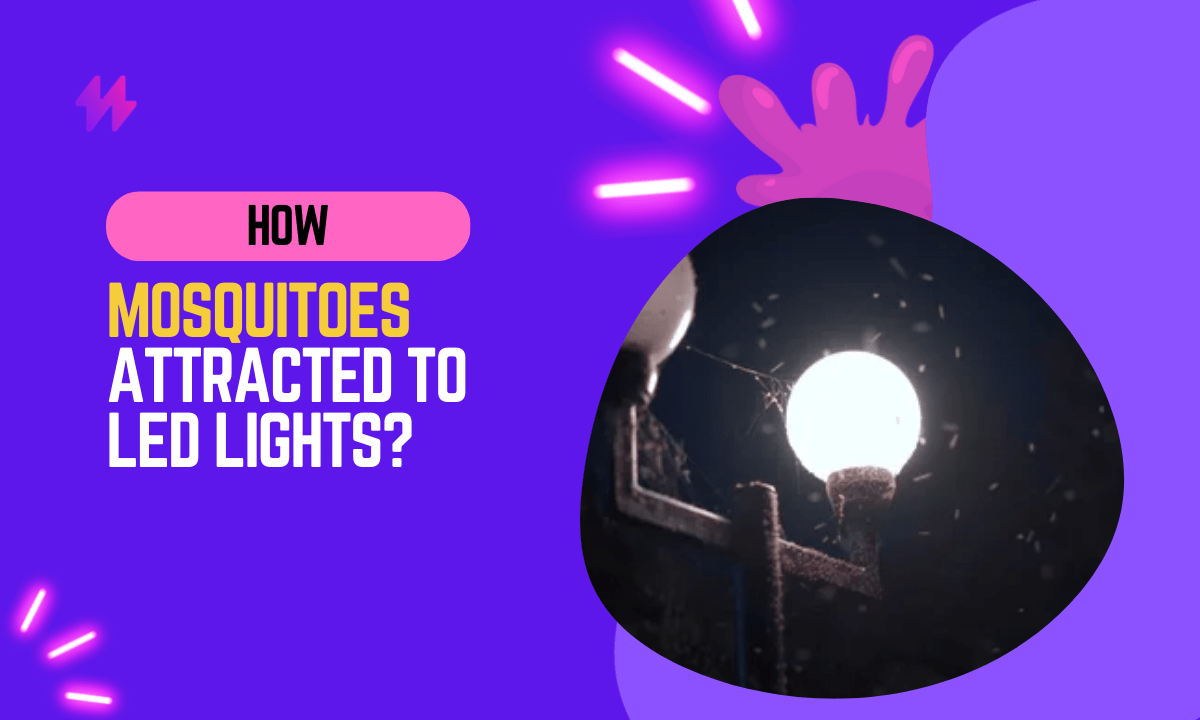
Imagine a warm summer evening. You’re sitting on your porch, enjoying the gentle breeze and the starry night sky. A soft, inviting glow emanates from your porch light, creating a cozy atmosphere. But as you relax, you start to notice an unwanted guest—the relentless buzz of mosquitoes. They seem to be drawn to the very light that is meant to make your evening enjoyable.
Mosquitoes are not just pesky insects; they are carriers of diseases that affect millions of people worldwide. Understanding their behavior is not only a matter of annoyance but also one of public health importance.
While it is commonly believed that mosquitoes are attracted to light, the reality is more nuanced. Mosquitoes are primarily attracted to factors such as body heat, carbon dioxide, and specific scents. While light can play a role in attracting mosquitoes, it is not the main factor. Therefore, leaving a light on to repel mosquitoes may not be the most effective strategy.
By understanding what truly attracts mosquitoes, we can develop more effective methods for mosquito control. So, instead of relying solely on light, it is important to consider other factors that mosquitoes find more enticing.
We’ll explore the mysteries of mosquitoes and bugs attraction to light, debunk common myths, and learn how to better coexist with these tiny but formidable adversaries.
As you sit on the porch, employing strategies for effective insect control becomes crucial, especially when dealing with harmful insects like the yellow fever mosquito. Utilizing natural mosquito deterrents or insect traps can significantly enhance your evening comfort by reducing the presence of these disease-carrying pests.
Understanding the Mosquito Problem: Behavior Insights and Attraction Factors
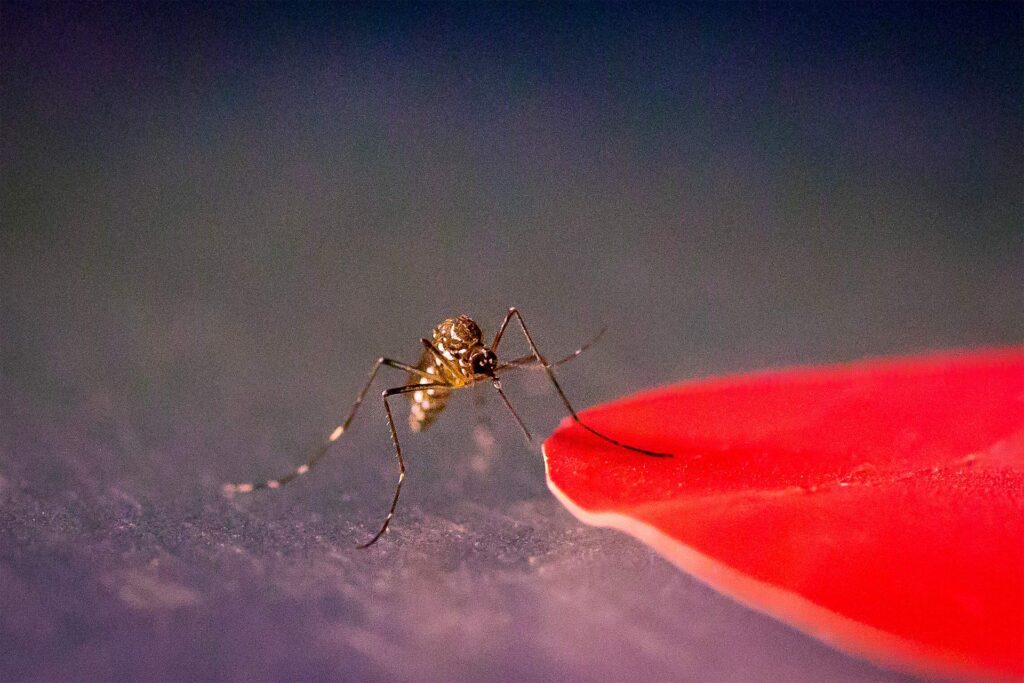
Mosquitoes are remarkable creatures, albeit often regarded as nuisances due to their itchy bites and incessant buzzing. To understand whether mosquitoes or spiders are attracted to light, it’s crucial to explore their behavior, characteristics, and the roles they play in our ecosystem.
Understanding the role of light in insect behavior can be particularly important for effective pest control strategies. While many insects are attracted to light, harmful mosquitoes, such as Anopheles gambiae, generally do not exhibit this attraction, which influences the design of effective mosquito traps.
Exploring the Basic Characteristics of Mosquitoes
- Diversity: Mosquitoes belong to the family Culicidae, and there are over 3,000 species of them worldwide. They exhibit remarkable diversity in size, shape, and behavior.
- Lifecycle: Like butterflies and moths, mosquitoes undergo a complete metamorphosis consisting of four stages: egg, larva, pupa, and adult. Each stage serves a specific purpose in its lifecycle.
- Feeding Habits: Only female mosquitoes feed on blood, while males primarily feed on nectar and other plant-based substances. Blood is essential for egg development, and this is where the notorious mosquito bites come into play.
Key Factors Influencing Mosquito Behavior
Understanding why mosquitoes behave the way they do involves examining the factors that influence their actions. Some of these factors include:
- Environmental Conditions: Temperature, humidity, and weather patterns all impact mosquito activity. They are more active during warm, humid evenings.
- Species Variability: Different mosquito species exhibit distinct behaviors. Some are more aggressive biters, while others prefer to feed on nectar.
- Habitat Preferences: Mosquitoes have specific preferences for breeding and resting sites. Some prefer stagnant water, while others thrive in urban areas.
- Chemical Signals: Mosquitoes are highly sensitive to chemical cues, such as carbon dioxide and body odors. These signals guide them to their hosts for feeding.
Also read: How To Make A Light Bulb Less Bright Effectively?
The dynamics of insect behaviors, such as phototaxis, play a crucial role in pest control methods. In exploring mosquito prevention techniques, understanding that many mosquitoes species are not attracted to light can inform the development of more effective mosquito traps and contribute to eco-friendly pest control strategies.
Mosquito Attraction Factors: Are Mosquitoes Drawn to Light?
Yes, mosquitoes are attracted to light, but it’s a complex relationship influenced by various factors, including the type and intensity of light. While they primarily rely on heat, carbon dioxide, and body odors to locate hosts for blood meals, some studies suggest that certain wavelengths of light, particularly ultraviolet (UV) and blue light, may attract mosquitoes.
However, the science on this topic is not definitive, and their attraction to light is just one aspect of their multifaceted behavior.
The relationship between light and mosquito attraction can be complex, with many studies indicating that while certain insects like moths may be drawn to light, many mosquitoes are not attracted to light. This phenomenon highlights the importance of employing effective mosquito prevention methods that utilize innovative approaches such as light sensors and UV lights for targeted insect controls.
Are Mosquitoes Attracted to Light? A Look at Common Attraction Factors
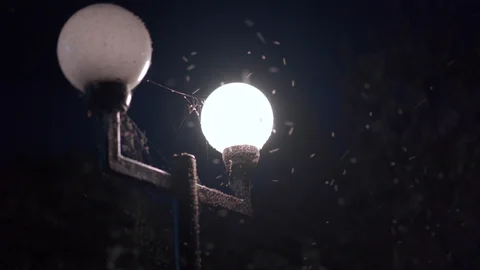
Mosquitoes have evolved a set of sophisticated mechanisms for locating hosts for their blood meals. Understanding these factors that attract mosquitoes can shed light on their behavior and help us answer the question of whether they are truly drawn to light.
In their quest for a blood meal, mosquitoes utilize various cues beyond light, such as natural scent. To effectively tackle the mosquito issue, employing mosquito traps designed with the proper light-spectrum properties can enhance their effectiveness against both day-biting mosquitoes and night-biting mosquitoes.
Understanding Heat & Body Heat Emissions: Unraveling Mosquito Attraction Factors
- Thermal Sensitivity: Mosquitoes are highly sensitive to changes in temperature. They can detect the heat emanating from warm-blooded animals, making them effective at finding their hosts.
- Body Heat: One of the primary ways mosquitoes locate their hosts is by sensing the warmth of their bodies. Our bodies naturally emit heat, and this is a significant cue for mosquitoes to identify us as potential targets.
Mosquito Behavior and Attraction Factors: Carbon Dioxide (CO2) Emissions
- Exhaled CO2: Mosquitoes are attracted to the carbon dioxide we exhale while breathing. They have specialized sensors called “maxillary palps” that can detect even small amounts of CO2 from a distance.
- Increased Respiration: Activities that increase respiration, such as physical exertion or simply being in a crowded area, can make individuals more appealing to mosquitoes due to the higher concentration of exhaled CO2.
Exploring the Influence of Body Odors and Scents on Mosquito Behavior
- Sweat and Lactic Acid: Mosquitoes are attracted to the scent of sweat and the compounds it contains, such as lactic acid. These odors help mosquitoes locate their hosts even in the absence of visible cues.
- Chemical Variability: Some people are more attractive to mosquitoes than others due to variations in their body odor and chemical composition. Genetic factors, diet, and even clothing choices can influence this variability.
Understanding Visual Cues and Light Attraction in Mosquito Behavior
- Visual Sensitivity: While mosquitoes primarily rely on heat and chemical cues for host location, they are also sensitive to visual cues. They can detect contrasts in light and dark, which is why they may be drawn to illuminated areas.
- Light Color and Intensity: Certain wavelengths of light, particularly those in the ultraviolet (UV) and blue spectrum, are more attractive to mosquitoes. They may mistake sources of artificial light for the moon or other natural light sources.
While mosquitoes are primarily guided by heat, CO2, and body odors, their sensitivity to visual cues cannot be ignored. This sensitivity to light may lead them to congregate around illuminated areas, which has sparked the longstanding debate about whether mosquitoes are genuinely attracted to light sources.
Also read: Soft White vs Warm White Lighting
Understanding how different insects react to light can significantly inform approaches to pest management. For instance, while day-biting mosquitoes are attracted to a wide range of light spectra, using light-based insect controls, such as mosquito traps equipped with short-wavelength light, can be an effective solution for reducing populations of harmful insects like malaria-carrying mosquitoes.
Understanding the Science Behind Mosquito Attraction to Light
To determine whether mosquitoes are truly attracted to light, we need to explore the scientific underpinnings of their relationship with illumination. This involves examining historical beliefs, research studies, the types of light that affect mosquitoes, and how mosquito vision differs from that of humans.
In the past, people used open flames for illumination, which attracted mosquitoes due to their heat and the carbon dioxide generated. Smoke from these flames could also mask human scents, making individuals less detectable to mosquitoes.
Engaging with the question of “are mosquitoes attracted to light,” recent studies have shown that many mosquitoes, including harmful species, tend to avoid ultraviolet light altogether. The use of modern technologies such as LED bulbs and yellow bulbs can not only enhance light-based mosquito traps but also help differentiate between invasive pests like fruit flies and more harmless insects, ensuring a targeted approach in pest management.
**Exploring Types of Light and Their Effects on Mosquito Attraction**
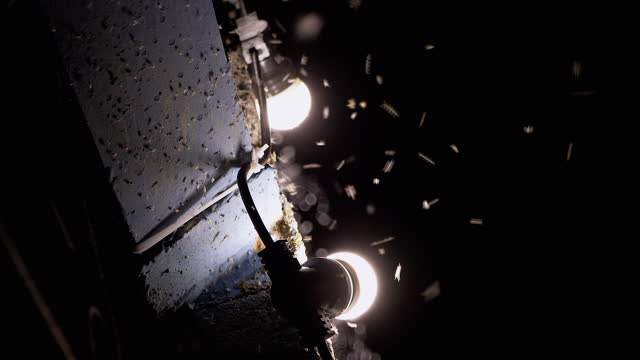
UV and Blue Light: Mosquitoes are most responsive to ultraviolet (UV) and blue light, which mimic the wavelengths of natural light sources like the moon and stars. Some light traps designed for mosquito control use UV light to attract and capture mosquitoes.
Incandescent vs. LED Lighting: Different types of artificial lighting can have varying effects on mosquito behavior. For example, incandescent bulbs emit more heat, potentially attracting mosquitoes, whereas LED lights produce less heat and may be less attractive.
Also read: How To Open LED Light Remote?
The use of flashlights in outdoor settings can inadvertently draw mosquitoes due to their light-evoked attraction to certain wavelengths. Consulting with a professional mosquito exterminator can provide deeper insights into effective strategies for managing light temperature, which plays a critical role in keeping harmful insects at bay while preserving beneficial pests.
Natural Predators: Their Role in Mosquito Control and Light Influence
While the focus of our exploration is whether mosquitoes are attracted to light, it’s important to consider the broader ecological context. Light not only affects mosquitoes but also influences their natural predators and competitors.
In considering effective pest management, it is crucial to employ a variety of strategies, including the use of pesticides and mosquito traps specifically designed to exploit the unique behaviors of phototaxis insects. Collaborating with a professional mosquito expert can refine your approach to pest control, taking into account the light preferences of many bugs and utilizing warmer hues to deter harmful species.
Understanding the Role of Natural Predators in Mosquito Control
- Bats: Bats are renowned mosquito predators, and many bat species rely on insects, including mosquitoes, as a primary food source. Bats use echolocation rather than vision to locate their prey.
- Birds: Various bird species, such as swallows and purple martins, are voracious mosquito consumers. They play a vital role in keeping mosquito populations in check.
- Dragonflies: Dragonflies are efficient hunters of flying insects, including mosquitoes. Their exceptional flight agility and predatory skills make them effective mosquito controllers.
Do Light Sources Influence Natural Predators of Mosquitoes?
- Attraction to Light: Some studies suggest that artificial light can disrupt the hunting and feeding patterns of natural mosquito predators. Light sources may attract insects that are not their typical prey, diverting their attention from mosquitoes.
- Predator-Prey Dynamics: The presence of light can alter the predator-prey dynamics. For instance, if dragonflies or bats are drawn to outdoor lighting, they may spend less time foraging for mosquitoes, potentially allowing mosquito populations to increase.
- Habitat Alteration: Light pollution can also disrupt natural habitats. Bright lights in wetland areas, where many mosquito larvae develop, can affect the life cycle of mosquitoes and their predators.
Also read: Halogen vs LED Lights: Which is the Better Lighting Choice?
To maximize the effectiveness of your backyard strategies, exploring the latest innovations in mosquito traps is essential. These traps can dramatically reduce the population of bothersome mosquitoes, allowing you to enjoy your outdoor space without constant irritation.
Conclusion: Insights into Understanding Mosquito Behavior
In conclusion, the relationship between mosquitoes and light is complex and varies depending on the species, making it a significant factor to consider in mosquito control strategies. While the common belief is that all mosquitoes are attracted to light, research shows that their attraction is not universal but rather species-specific. Some mosquitoes are indeed drawn to light, particularly those that are active during the evening or night. However, others may actually avoid it and are more influenced by other cues such as carbon dioxide and body heat emitted by potential hosts. This variability in behavior underscores the importance of understanding the specific mosquito species and their habits when developing measures to mitigate their presence.
Furthermore, the use of light in controlling mosquito populations must be approached with nuance. For species that are attracted to light, employing light traps can be an effective method to reduce their numbers. On the other hand, for those that are not drawn to light, alternative strategies, such as using repellents and ensuring proper environmental management to eliminate breeding grounds, are essential. Additionally, recent advancements in lighting technology, such as the development of specific wavelengths that either attract or repel mosquitoes, offer promising avenues for enhancing control methods. By integrating knowledge of mosquito behavior with innovative technologies, it is possible to create more effective and environmentally friendly solutions to manage mosquito populations and reduce the spread of mosquito-borne diseases.
Are Mosquitoes Attracted To Light | Exploring Types of Light and Their Effects on Mosquito Attraction
The question of whether mosquitoes are attracted to light has intrigued researchers and pest control enthusiasts alike. Many people wonder if certain types of light can draw in these pesky insects, leading to the creation of various mosquito traps that utilize different light spectrums. Studies indicate that mosquitoes are more responsive to specific wavelengths, particularly ultraviolet light, which may help enhance the effectiveness of mosquito traps. Understanding how different spectrum lights influence mosquito behavior can significantly impact strategies for controlling their populations and minimizing bites during outdoor activities.
Are Mosquitoes Attracted to Light | Different Spectrum Lights: Which are Most Attractive to Mosquitoes?
Various studies have explored whether mosquitoes are attracted to light. The results indicate that certain types of light may draw mosquitoes in more than others. For example, mosquitoes tend to respond to wavelengths emitted by ultraviolet lights. Traps designed with UV bulbs have shown increased effectiveness in luring these pests, showcasing the relationship between specific light spectrums and mosquito behavior.
Color temperature plays a significant role in mosquito attraction. Warmer light colors, such as those found in incandescent bulbs, are less appealing to mosquitoes compared to cooler, bluish lights. This finding is crucial for the design of effective mosquito traps. By understanding which lights attract mosquitoes, individuals can better equip their spaces and reduce annoyance from these insects. Are mosquitoes attracted to light? The answer lies in the spectrum of light used and its impact on mosquito activity.
The Impact of UV Light on Mosquito Behavior
UV light plays a significant role in attracting mosquitoes. Studies have shown that certain wavelengths of UV light can lure these pests closer, making it an essential factor to consider in mosquito traps. Are mosquitoes attracted to light? The answer is generally affirmative when it comes to UV light, as it enhances the probability of attracting adult mosquitoes seeking hosts.
Research indicates that mosquitoes are especially drawn to UV light due to its ability to mimic the wavelengths emitted by warm-blooded animals. This reaction can be utilized effectively in the design of mosquito traps, which can have UV components to increase their efficiency. Understanding how UV light influences mosquito behavior helps in developing better pest control strategies and reduces the threat from these nuisance insects.

